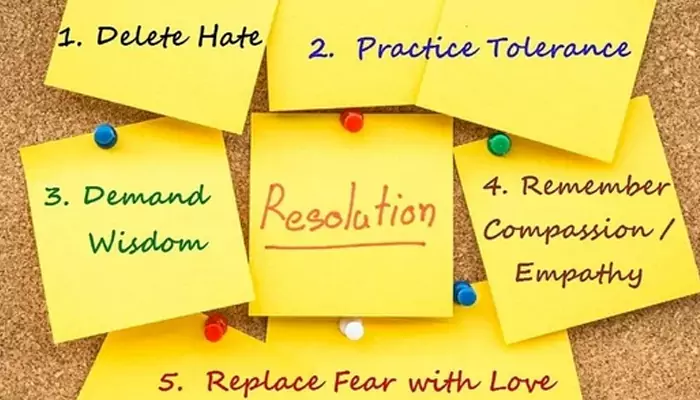
You may have mastered a professional skill, but to succeed in your career, you also need to master some life skills. Workplaces bring together people from all walks of life, and a variety of experiences shape our attitudes and behaviours toward others. Some people act out of confidence, while others endanger the professional lives of others through insecurity. This will easily have an effect on someone's intellectual health and their productiveness. When you are surrounded with people like this, you have to learn how to deal with workplace politics to live sane and work well.
However, What Is Office Politics?
In its most effective shape, workplace politics is about variations between humans inside the workplace. These can be variations in opinion, character, authority, and energy.
Workplace politics can be hard to deal with, however they are an inevitable part of any corporation. However, if negative politics start to erupt within the company, the company can find itself in trouble.
However, do you understand a way to turn bad politics right into a positive place of work tradition?
The key to making politics work for you is to accept it as reality. It may change over time as people come and go within the organization, but it will probably never go away completely.
Next, we need to recognize and understand political behaviour and develop strategies for building strong, collaborative networks.
Understanding Formal and Informal Networks
In business policy, there are two main divisions of networks: formal and informal.
Formal networks refer to job titles and positions of authority such as CEO, Manager, or Intern.
Informal networks include subtle but important positions that those in power may hold behind the scenes.
Once you understand both, learn how to use each network.
Build Positive Working Relationships
Dealing with office politics is much easier when you have strong, positive relationships with the people around you. Loyalty and friendship will take you far. In the game of social policy, you need to build support networks that benefit both yourself and others. This way, you can relax knowing and be sociable if you get into trouble.
Choose Your Battles Wisely
Not all office politics are worth participating in. Some conflicts may be minor or short-lived, while others may have a significant impact on your career or organization. It is important to choose your battles wisely and focus your energy on the battles that matter most.
Remain Professional
To build a sense of belonging at work, it is important to be kind to your co-workers. But there is a fine line between socializing and oversharing. If you provide too much information about yourself, others may use that information against you in the future.
Try to maintain a friendly but professional demeanour at work, unless there is a good reason not to do so. Setting boundaries with colleagues creates a clean work structure. It can also prevent co-workers from taking advantage of you.
Raise Your Voice
It can be difficult to muster up the courage to make your voice heard. Learning to know when and how to stand up for yourself is a great skill.
Speak up when you or a person you know is being not handled properly, it suggests your power. It also makes work bullies much less probable to bully you.












